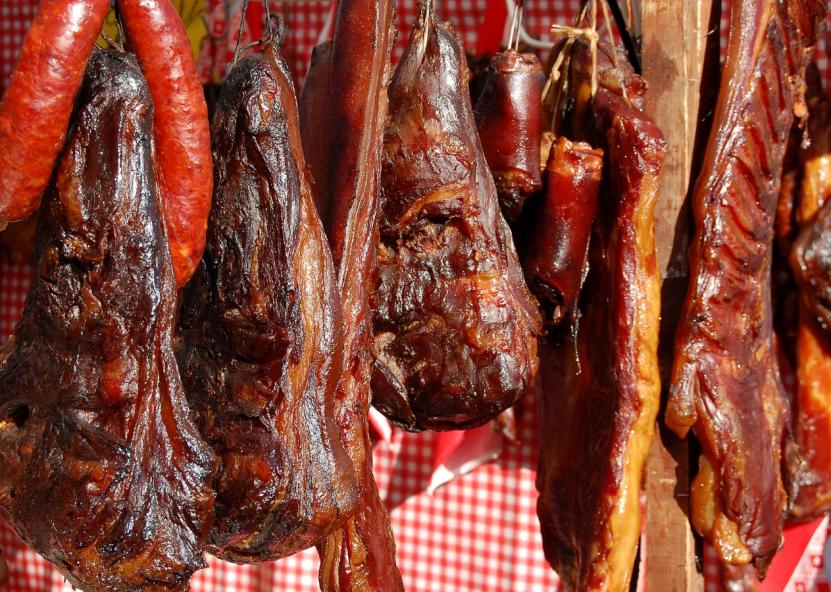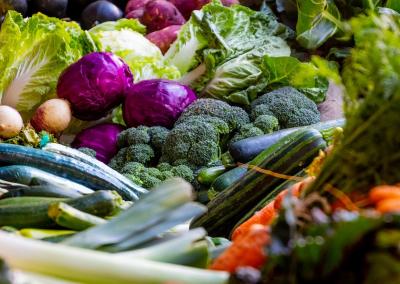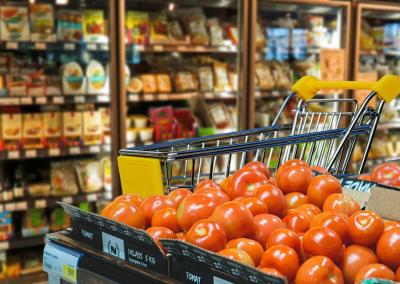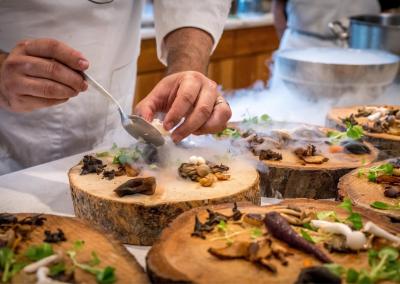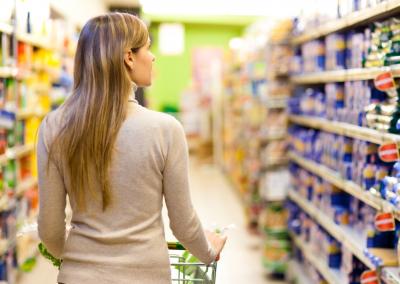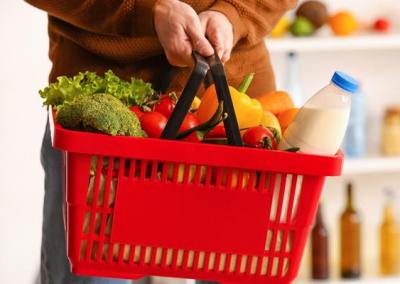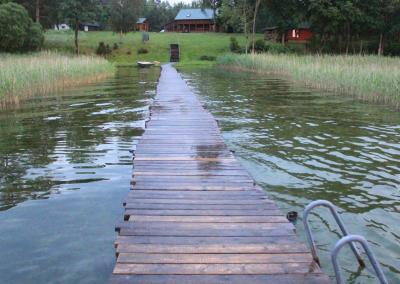Food Council to look into the causes of rising product prices
Ahead of the first meeting of the newly created Food Council on Friday, the Minister of Agriculture, Ignas Hofmann, who chairs the Council, said an analysis of the food supply chain will be carried out to find the reasons for the rapid rise in food prices.
„We will analyse the food chain to see if there is a reasonable distribution of price along the food chain and if there is a part of the food chain that is making unreasonably high profits. Perhaps there are some constraints on the part of the state that lead to a high price. This is where I see a big role for the state in reducing bureaucracy and finding other solutions," Mr Hofman said ahead of the Food Council's first meeting.
„Maybe it will turn out that some kind of fuel increases the price of food. Then maybe we could talk about lowering excise duties, looking for other options. Here's an example," he said.The inaugural meeting of the Food Council on Friday is expected to approve the Council's statutes and discuss its activities.
Although the regulations stipulate that the council will meet at least once a quarter of the year, more frequent meetings are expected in order to ensure more efficient work.
As Prime Minister Gintautas Paluckas has previously stated, the Food Council will be concerned with price transparency, healthier public nutrition and monitoring import competition with local production.
The Food Council is expected to propose solutions on how to make the pricing of foodstuffs more transparent, consider draft legislation in the sector at the request of the Government, and provide conclusions and recommendations.
The Lithuanian Agriculture Council (LAC) and the Chamber of Agriculture will each have 4 representatives on the Council.
One representative each from the Chancellery of the Government, the Ministries of Agriculture, Economy and Innovation and Finance, the Agricultural Data Centre, the Academy of Agriculture of Vytautas Magnus University, the Universities of Vilnius and Health Sciences, the Institute of Economics and Rural Development of the Lithuanian Centre of Social Sciences.
One seat on the Food Council will also be allocated to the Lithuanian Cereal Processors and Traders Association, the Lithuanian Meat Processors Association, the Association of Trading Enterprises and Poultry Breeders, the Association of Lithuanian Food Industry and the Association of Lithuanian Dairy Farmers „Pieno centras“.
The Confederation of Lithuanian Industrialists (LPK), the Consumer Rights Protection Council, the Charity and Support Foundation „Maisto bankas“ will each have a representative on the new Council.
I. Hofmanas has said that the new body could be the equivalent of a tripartite council bringing together representatives of employers, trade unions and institutions.



































































































